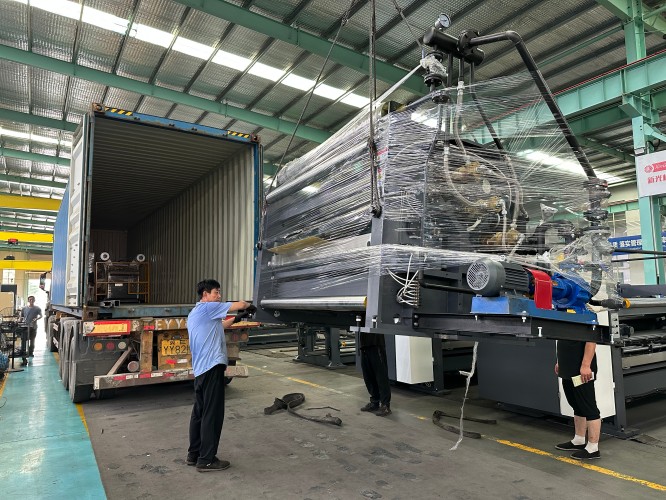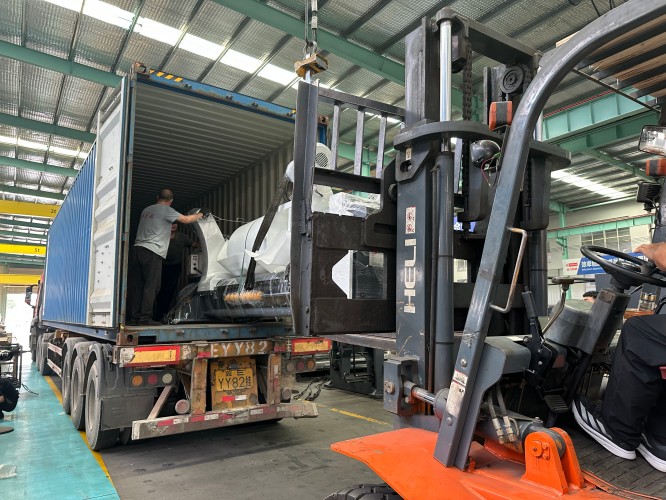

After the mechanical equipment leaves the factory, if the buyer does not request the manufacturer to conduct a commissioning test and directly puts it into use, the following drawbacks may occur:
1. **Equipment performance not at optimal level**
- **Accuracy and efficiency issues**: The equipment might not have undergone final calibration at the time of manufacture, and the actual operating parameters (such as speed, pressure, temperature, etc.) may not have been optimized, resulting in low production efficiency or a decrease in product qualification rate.
- **Potential functional defects**: Some hidden problems (such as software logic errors, sensor sensitivity deviations) may only be exposed during the debugging process.
2. **Increased Safety Risks**
- **Mechanical Risks**: Unchecked equipment may have installation errors (such as loose fasteners, reversed piping connections), which could lead to mechanical failures or even personal injuries during operation.
- **Electrical and Control System Risks**: Electrical protection parameters (such as overload protection, emergency stop response) are not set, which may cause short circuits or unexpected startups.
---
3. **Shortening Equipment Lifespan**
- **Improper Wear**: Unadjusted lubrication systems, improper alignment of transmission components, etc. can accelerate wear and cause the equipment to age prematurely.
- **Overload Operation**: Unbalanced loads that have not been properly adjusted may cause some components to operate under excessive load for an extended period.
4. **Post-sale Dispute Risks**
- **Difficulties in Defining Responsibilities**: If the equipment malfunction is caused by the buyer's improper installation and commissioning, the manufacturer may refuse to provide warranty, leading to legal disputes.
- **Lack of Technical Documents**: Skipping the commissioning process may result in incomplete operation training for the buyer, and the buyer may not master the maintenance essentials.
5. **Hidden Costs Increase**
- **Subsequent Maintenance Costs**: Small issues accumulating into major malfunctions result in maintenance costs much higher than the initial setup costs.
- **Production Shutdown Losses**: Production shutdown caused by sudden failures can lead to significant economic losses, especially in industries that rely on continuous production.
6. **Compatibility Issues**
- **Device Compatibility Conflicts**: Failure to synchronize with upstream and downstream devices (such as an automated production line) may result in interface mismatch or signal transmission failure.
7. **Energy Efficiency Waste**
- **Excessive Energy Consumption**: Failure to optimize the power system (such as hydraulic pressure, motor frequency) will lead to energy waste, thereby increasing operating costs over time.
If the buyer skips the commissioning process in order to save short-term costs, they may end up paying a higher long-term price. Professional commissioning is a crucial step in ensuring the return on investment for the equipment.
 Hebei Dongguang County ChuangXin Carton Machinery Manufacturing Factory
Hebei Dongguang County ChuangXin Carton Machinery Manufacturing Factory